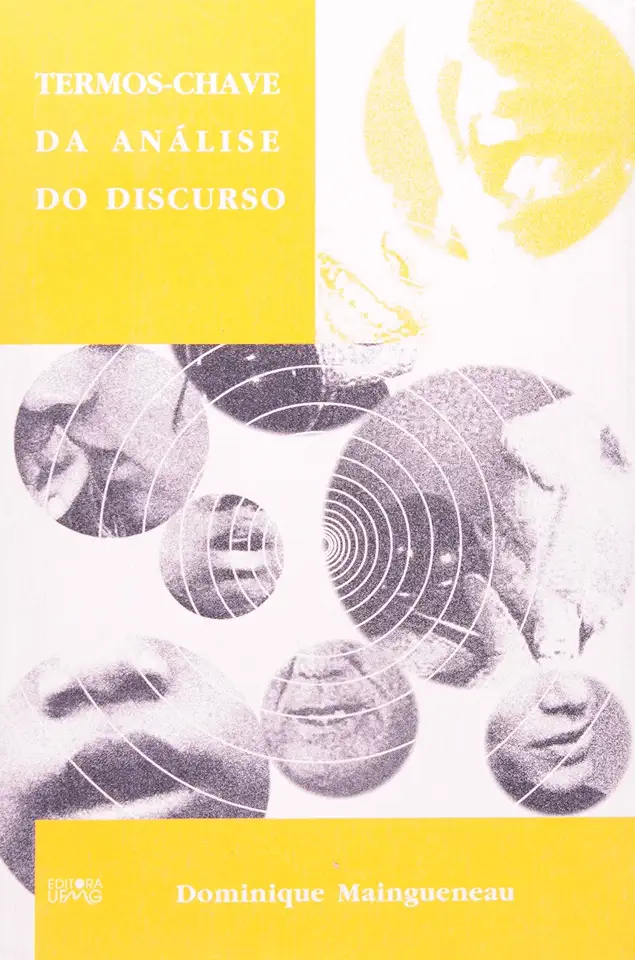
Key Terms in Discourse Analysis - Dominique Maingueneau
Key Terms in Discourse Analysis: A Comprehensive Guide to Language and Communication
Introduction
In today's world, effective communication is more important than ever. Whether you're a student, a professional, or simply someone who wants to improve their understanding of the world around them, having a strong grasp of discourse analysis is essential.
Discourse analysis is the study of how language is used in social interaction. It examines the ways in which language creates meaning, shapes our understanding of the world, and influences our behavior. By understanding discourse analysis, you can become a more effective communicator and better understand the world around you.
Key Concepts in Discourse Analysis
Discourse analysis is a complex field with a wide range of concepts and theories. However, there are a few key concepts that are essential for understanding the field.
1. Discourse
Discourse is the primary object of study in discourse analysis. It refers to any instance of language use, whether it's spoken, written, or multimodal. Discourse can take many different forms, including conversations, lectures, articles, advertisements, and social media posts.
2. Context
Context is another important concept in discourse analysis. It refers to the social, cultural, and historical setting in which discourse occurs. Context is essential for understanding the meaning of discourse, as it shapes the way language is used and interpreted.
3. Power
Power is a central concept in discourse analysis. It refers to the ability of individuals or groups to influence the production, distribution, and interpretation of discourse. Power can be exercised through a variety of means, including language, social position, and economic resources.
4. Ideology
Ideology is a system of beliefs and values that shapes the way we think about the world. Ideology is often reflected in discourse, as it influences the way we use language to describe and explain the world around us.
Applications of Discourse Analysis
Discourse analysis has a wide range of applications in various fields, including:
1. Linguistics
Discourse analysis is used in linguistics to study the structure and function of language in social interaction. Linguists use discourse analysis to understand how language is used to create meaning, convey information, and influence others.
2. Communication Studies
Discourse analysis is used in communication studies to understand how communication works in different contexts. Communication scholars use discourse analysis to study how people communicate with each other, how messages are interpreted, and how communication can be used to achieve different goals.
3. Sociology
Discourse analysis is used in sociology to study the relationship between language and society. Sociologists use discourse analysis to understand how language shapes social norms, values, and beliefs. They also use discourse analysis to study how language is used to construct social identities and to maintain social order.
4. Anthropology
Discourse analysis is used in anthropology to study the cultural significance of language. Anthropologists use discourse analysis to understand how language is used to express cultural values, beliefs, and practices. They also use discourse analysis to study how language is used to construct cultural identities and to negotiate social relationships.
Conclusion
Discourse analysis is a powerful tool for understanding the world around us. By understanding how language is used in social interaction, we can become more effective communicators and better understand the ways in which power and ideology shape our lives.
If you're interested in learning more about discourse analysis, I highly recommend reading "Key Terms in Discourse Analysis" by Dominique Maingueneau. This book provides a comprehensive overview of the field, covering all of the key concepts and theories. It's an essential resource for anyone who wants to understand discourse analysis and its applications.
Enjoyed the summary? Discover all the details and take your reading to the next level — [click here to view the book on Amazon!]